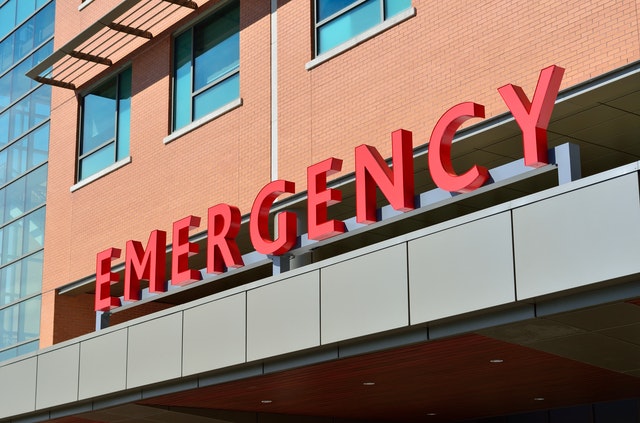Tell your friends: Navigating today’s world without health insurance might seem like a good idea at times, but it can be a risky journey. From facing overwhelming medical bills to skipping crucial preventive care, the long-term consequences of not having health insurance can be significant. We recommend that everyone understands the impact of making informed decisions about your healthcare needs in order to best protect your health and your wallet.
Health Impacts Of Not Having Insurance
- Delayed Medical Care: Without insurance, many people put off necessary medical visits, including routine check-ups and preventive care. This delay can lead to undiagnosed conditions that become more serious over time.
- Difficulty Affording Medication: We all know it: prescription drugs are pricey in the U.S., and without insurance, many people can’t afford the medications they need. This often results in unmanaged health conditions and higher long-term costs.
- Reliance on Emergency Rooms: Uninsured individuals often use emergency rooms for care, which is more expensive and less efficient than regular visits to a primary care doctor. This practice can result in longer wait times and higher overall costs to the patient.
Financial Risks
- High Medical Bills: Without insurance, you’re responsible for the full cost of medical care. Even a minor accident or illness can lead to substantial medical bills, potentially causing significant debt or bankruptcy.
- Penalties in Some States: While the federal penalty for not having insurance was removed in 2019, some states have their own mandates. For instance, California, New Jersey, and Washington, D.C. impose penalties if you don’t have health insurance.
Alternatives to Traditional Health Insurance
- Government Programs: Programs like Medicaid and Medicare provide coverage for low-income individuals, families, seniors, and people with certain disabilities. These programs can help ensure you get the necessary medical care.
- Health Savings Accounts (HSAs): For those with high-deductible health plans, HSAs allow you to save money tax-free for medical expenses. These accounts can help manage costs effectively and provide financial security for future healthcare needs.
- Private Insurance and other Alternatives: Private health insurance is often a great alternative for people who need an insurance solution that works for them.
Importance of Preventive Care
Many preventive services, such as vaccinations, screenings, and wellness checks, are covered by health insurance plans without additional costs. These services are crucial for catching health issues early, which can save money and improve health outcomes in the long run.
So overall, while health insurance may seem expensive, it protects against unexpected high medical expenses and ensures access to necessary care. Without it, the financial and health risks can be substantial. It’s important to explore available options and find a plan that fits your needs and budget. We’d be more than happy to help.
 Call Our Insurance Hotline:
Call Our Insurance Hotline:



